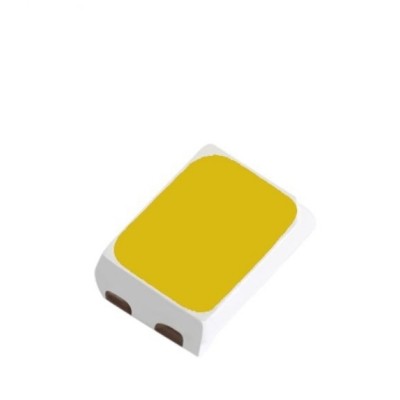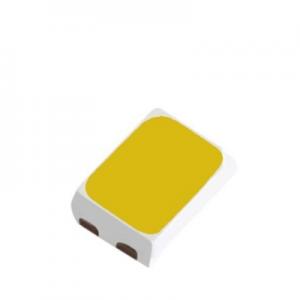smd led components
- Category: 2016 SMD LED
- Brand:ARKTECH
- delivery date: 7 to 9 working days
- payment method: We offer payment options such as Paypal, TT (Telegraphic Transfer), or LC (Letter of Credit)
- Our team offers all-round technical support, including designing according to your requirements, selecting the best solutions based on cost and reliability, principle and LAY-OUT design, customizing s
| Product name | smd led components |
| Keyword | smd led circuit,74 led bulb 3 smd led,flashing smd led,36 mm smd led,que es smd led |
| Place of Origin | China |
| Brand | ARKTECH |
| Current | 79MA |
| Power | 1.4W |
| Voltage | 1.1V |
| Raw material | Copper bracket/ pure gold wire |
| Quantity | 2031pcs/reel |
| Dimensions | 5.2mm*5.8mm*1.5mm, (Contact us for specific information to confirm) |
| Applicable Industries | household appliances, etc. |
| Color | orange |
| Weight | 20mg |
| Product Description | SMD 3528 LED 6-PINS 0.2W RGB led chip,Ice Blue SMD LED 2016 0.5W,0402 smd led white,SMD 5050 LED Blue 0.2W 460nm chip-It is a new surface packaging technology that encapsulates LED chips in tiny weldable packaging films and performs surface spot welding on the PCB substrate, thus improving the reliability and production efficiency of LEDs. Compared with traditional LED packaging, SMD LED has the advantages of small size, large light-emitting area, high power, low packaging height, and multiple color temperatures, and can greatly reduce costs through automated production processes. |
| delivery date | Our standard delivery time is 7 to 9 working days. |
| payment method | We offer payment options such as Paypal, TT (Telegraphic Transfer), or LC (Letter of Credit). |
| Life span | 52727 + hours (Contact us for specific information to confirm) |
| warranty | We provide a warranty period of 2 years |
| Advantage | We keep good quality and competitive price to ensure our customers benefit |
| Packing | 19x10.04x8.9mm(Contact us for specific information to confirm) |
| Sales country | All over the world for example:South Korea,Somalia,Seychelles,Luxembourg,Turks and Caicos Islands,Coral Sea Islands,Saint Vincent and the Grenadines,Angola |
| MOQ | 8 reel(Contact us for specific information to confirm) |
| customization services | We welcome customization requests for our products |
| production capacity | We have the capacity to produce 90kk pieces of LEDs per month. |
Segment led display, Custom LED display, Through hole LED, High power LED(Please contact us for specific information about Segment led display)
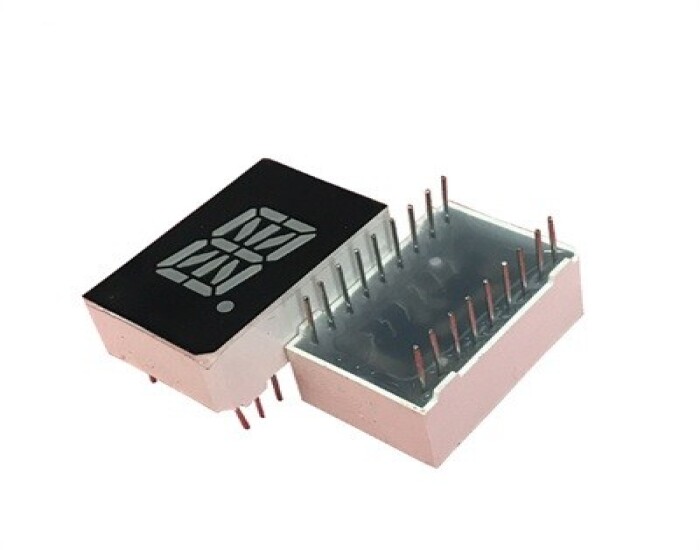
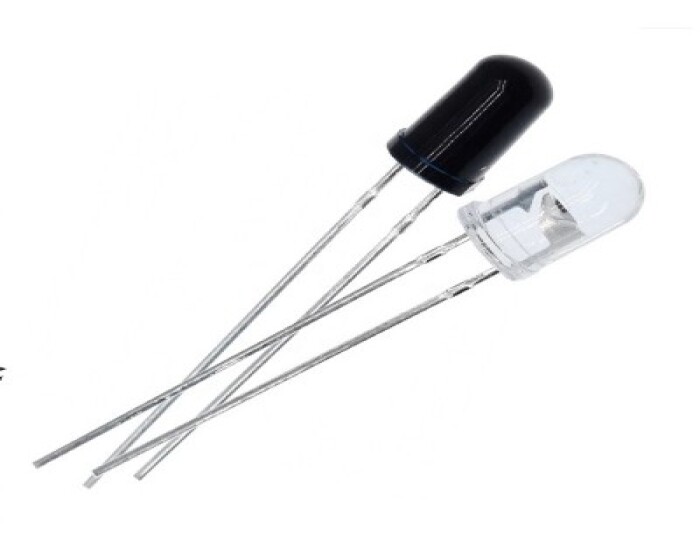
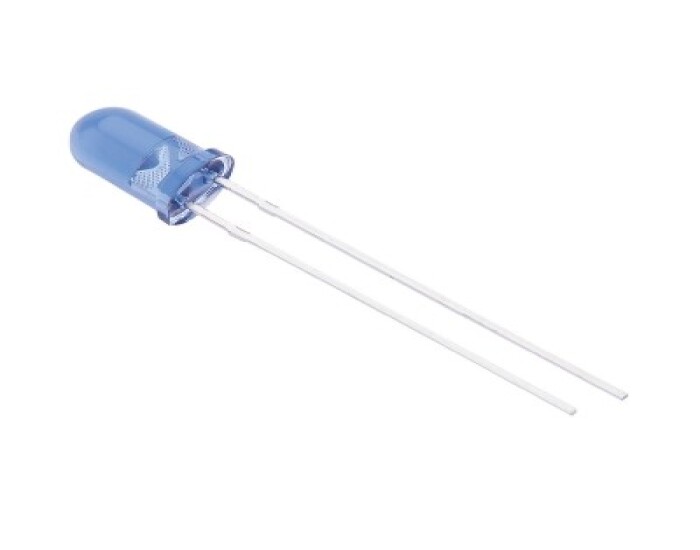
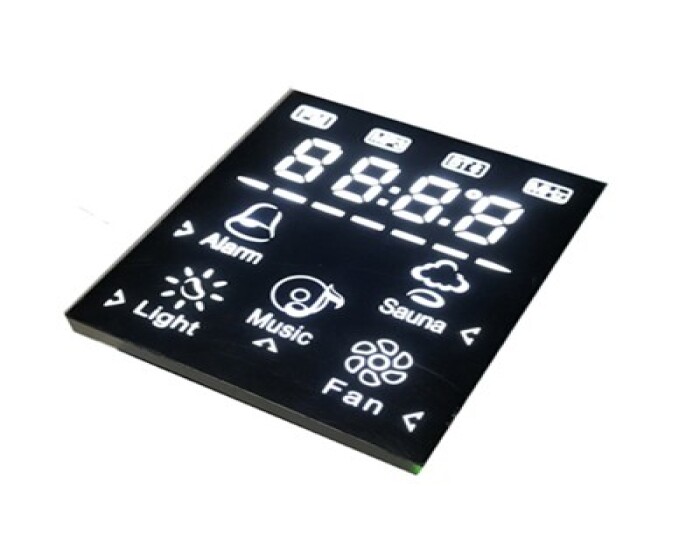
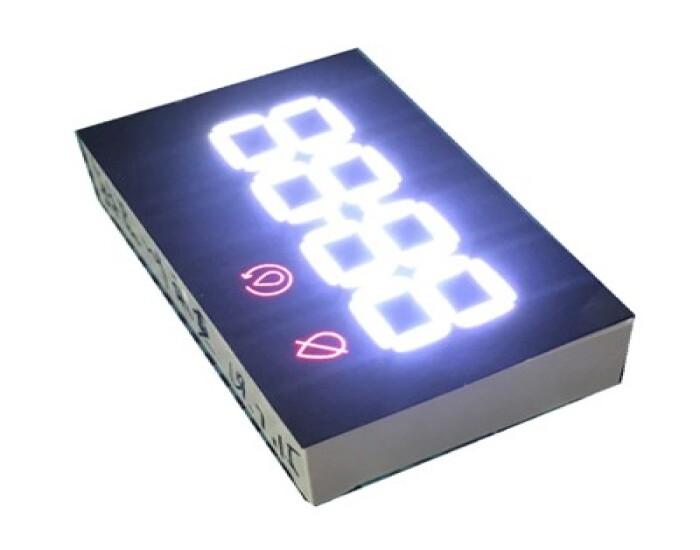
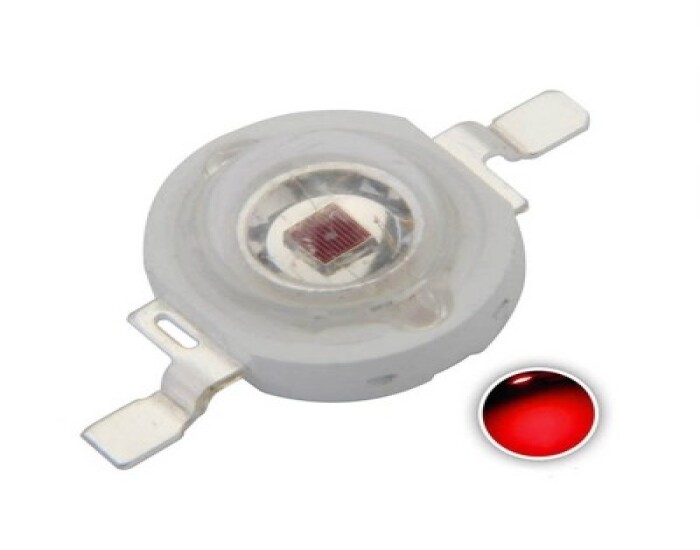
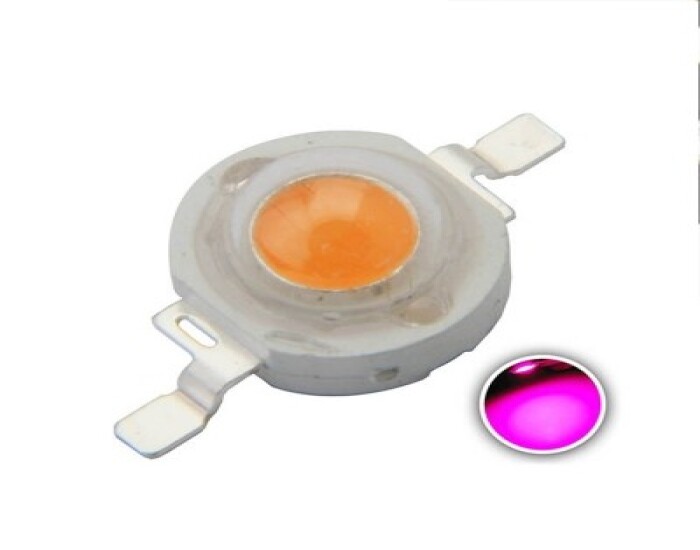
smd led components services FAQs Guide
Are you looking for a quick review guide about smd led componentsservices?
An ultimate FAQ buying guide is available to help you.This guide contains all the information about all the important facts, figures, and various processes regarding smd led components services.
Let’s continue!
2.Are there any environmental considerations when using smd led components?
3.What is the installation process for smd led components?
4.About the development history of smd led components factory
5.How does the size of smd led components affect its performance?
6.Are there any size limitations for smd led components?
7.Are there any maintenance requirements for smd led components?
8.What is the lifespan of smd led components compared to traditional LEDs?
9.Does smd led components produce any UV emissions?
10.About smd led components production management system
11.About smd led components production equipment
12.Can smd led components be used in outdoor settings?
13.About smd led components quality system
14.What are the advantages of using smd led components lights?
1.Are there any regulations or certifications for smd led components?
We continue to invest in research and development and continue to launch innovative products.
Yes, there are several regulations and certifications for SMD LED (Surface Mount Device Light Emitting Diode) products. These include:
1. RoHS (Restriction of Hazardous Substances) Directive: This regulation restricts the use of certain hazardous substances in electrical and electronic equipment, including SMD LED products.
2. CE (Conformité Européenne) Marking: This is a mandatory conformity marking for products sold in the European Economic Area (EEA) and indicates that the product meets all applicable EU directives, including those related to safety, health, and environmental protection.
3. UL (Underwriters Laboratories) Certification: UL is a global safety certification company that tests and certifies products for compliance with safety standards. SMD LED products can be UL certified to ensure their safety and quality.
4. Energy Star Certification: This is a voluntary program run by the U.S. Environmental Protection Agency (EPA) that certifies energy-efficient products, including SMD LED lighting products.
5. ISO (International Organization for Standardization) Standards: ISO has developed several standards related to LED lighting, including ISO 9001 (quality management), ISO 14001 (environmental management), and ISO 50001 (energy management).
6. Ingress Protection (IP) Rating: This is a standard that rates the level of protection provided by a product against solid objects and liquids. SMD LED products may have an IP rating to indicate their resistance to dust and water.
7. LM-80 and TM-21 Standards: These are industry standards for measuring the lumen maintenance and projected lifetime of LED products, respectively.
It is important to note that not all SMD LED products may have all of these certifications or comply with all regulations. It is recommended to check the product specifications and certifications before purchasing to ensure compliance with relevant standards.
2.Are there any environmental considerations when using smd led components?
We maintain a certain amount of R&D investment every year and continuously improve operational efficiency to provide better services to our cooperative customers.
Yes, there are several environmental considerations when using SMD LED:
1. Energy Efficiency: SMD LED lights are highly energy-efficient, consuming less electricity compared to traditional incandescent or fluorescent lights. This reduces the overall energy consumption and helps in reducing carbon emissions.
2. Toxic Materials: Some SMD LED lights contain toxic materials such as lead, mercury, and arsenic, which can be harmful to the environment if not disposed of properly. It is important to recycle these lights properly to prevent these toxic materials from entering the environment.
3. E-waste: SMD LED lights are electronic devices and can contribute to the growing problem of e-waste. It is important to dispose of them properly to prevent them from ending up in landfills and polluting the environment.
4. Light Pollution: SMD LED lights can contribute to light pollution, which can disrupt the natural cycles of plants and animals and affect their behavior. It is important to use SMD LED lights responsibly and avoid unnecessary lighting to reduce light pollution.
5. Manufacturing Process: The manufacturing process of SMD LED lights can also have an impact on the environment. It requires a significant amount of energy and resources, and the disposal of waste materials can also be a concern. Choosing SMD LED lights from manufacturers with sustainable and environmentally friendly practices can help reduce the environmental impact.
6. End-of-life Disposal: When SMD LED lights reach the end of their lifespan, they need to be disposed of properly. If not recycled or disposed of correctly, they can release toxic materials into the environment. It is important to follow proper disposal guidelines and recycle SMD LED lights to reduce their environmental impact.
3.What is the installation process for smd led components?
Our mission is to provide customers with the best solutions for smd led components.
1. Gather Materials: Before starting the installation process, make sure you have all the necessary materials including the SMD LED lights, power supply, soldering iron, solder, wire strippers, and heat shrink tubing.
2. Plan the Layout: Decide on the placement of the SMD LED lights and plan the wiring layout accordingly. Make sure to measure the distance between each light and the power supply to determine the length of wire needed.
3. Prepare the Surface: Clean the surface where the SMD LED lights will be installed to ensure a strong and secure bond. If the surface is rough, use sandpaper to smooth it out.
4. Solder the Wires: Strip the ends of the wires and solder them to the positive and negative terminals of the SMD LED lights. Make sure to match the polarity of the wires to the correct terminals on the lights.
5. Connect the Lights: Once all the wires are soldered, connect them to the power supply. The positive wire should be connected to the positive terminal and the negative wire to the negative terminal.
6. Secure the Wires: Use heat shrink tubing to cover the soldered connections and secure them in place. This will prevent any short circuits and ensure a clean and professional look.
7. Test the Lights: Before permanently installing the lights, test them to make sure they are working properly. If there are any issues, double check the connections and fix any problems before proceeding.
8. Install the Lights: Once the lights are tested and working, use adhesive tape or glue to secure them in place. Make sure to follow the manufacturer's instructions for the best adhesive to use for your specific surface.
9. Connect to Power: Plug the power supply into a wall outlet and turn on the lights to make sure they are working correctly.
10. Clean Up: Once the installation is complete, clean up any excess wires and materials. Enjoy your newly installed SMD LED lights!
4.About the development history of smd led components factory
Founded in July 1994, our company's headquarters and R&D base are located in Yixing City, Jiangsu Province. Over the years, we have consistently strived for excellence, and our achievements speak for themselves. In 2007, we successfully implemented an ERP system to optimize our operations. In 2012, we proudly obtained eight patents, showcasing our dedication to innovation. In 2016, we expanded our facilities with the construction of a 100k class dust-free workshop. Finally, in 2018, we integrated the Kingdee Colody system, further enhancing our operational efficiency.
5.How does the size of smd led components affect its performance?
We have broad development space in domestic and foreign markets. smd led components have great advantages in terms of price, quality, and delivery date.
The size of an SMD LED can affect its performance in several ways:
1. Brightness: Generally, larger SMD LEDs have a higher maximum brightness compared to smaller ones. This is because larger LEDs have more surface area to emit light, allowing them to produce a brighter output.
2. Power consumption: Smaller SMD LEDs typically have a lower power consumption compared to larger ones. This is because smaller LEDs require less energy to produce the same amount of light as larger ones.
3. Heat dissipation: Larger SMD LEDs tend to generate more heat compared to smaller ones. This is because they have a higher power consumption and more surface area to dissipate heat. This can affect the overall performance and lifespan of the LED.
4. Viewing angle: The size of an SMD LED can also affect its viewing angle, which is the angle at which the light is emitted from the LED. Smaller LEDs typically have a narrower viewing angle, while larger LEDs have a wider viewing angle.
5. Durability: Larger SMD LEDs are generally more durable and have a longer lifespan compared to smaller ones. This is because they have a larger surface area, which allows for better heat dissipation and reduces the risk of overheating and damage.
Overall, the size of an SMD LED can significantly impact its performance, and it is essential to consider the specific requirements and applications when choosing the appropriate size for a particular project.
6.Are there any size limitations for smd led components?
We focus on teamwork and communication to achieve common goals, We attach great importance to this detail.
There are no specific size limitations for SMD LED, as they can be manufactured in various sizes and shapes to suit different applications. However, the smaller the size of the LED, the more challenging it is to manufacture and handle, which can affect its performance and reliability. Generally, SMD LEDs range from 0.2mm to 5mm in size.
7.Are there any maintenance requirements for smd led components?
We focus on providing high smd led components quality products and services.
Yes, there are some maintenance requirements for SMD LED:
1. Regular cleaning: Dust and dirt can accumulate on the surface of SMD LED, affecting its brightness and performance. It is important to regularly clean the LED with a soft, dry cloth to remove any dust or dirt.
2. Avoid moisture: SMD LED is sensitive to moisture and can get damaged if exposed to excessive moisture. It is important to keep the LED dry and avoid any contact with water.
3. Check for loose connections: SMD LED is soldered onto a circuit board, and over time, the connections can become loose due to vibrations or temperature changes. It is important to regularly check for loose connections and re-solder them if necessary.
4. Monitor heat dissipation: SMD LED can generate heat, and if not dissipated properly, it can affect its performance and lifespan. It is important to ensure that the LED is installed in a well-ventilated area and that any heat generated is dissipated efficiently.
5. Replace faulty LEDs: If any SMD LED is not functioning properly or has burnt out, it is important to replace it with a new one to maintain the overall performance of the LED system.
6. Follow manufacturer's instructions: It is important to follow the manufacturer's instructions for maintenance and care of SMD LED to ensure its optimal performance and longevity.
8.What is the lifespan of smd led components compared to traditional LEDs?
We have a good reputation and image in the industry. The quality and price advantage of smd led components products is an important factor in our hard overseas market.
The lifespan of SMD LED is generally longer than traditional LEDs. SMD LEDs can last up to 50,000 hours, while traditional LEDs typically have a lifespan of 25,000 hours. This is due to the smaller size and improved heat dissipation of SMD LEDs, which helps to reduce the degradation of the LED over time. Additionally, SMD LEDs are more energy efficient, which can also contribute to a longer lifespan.
9.Does smd led components produce any UV emissions?
We operate our smd led components business with integrity and honesty.
No, SMD LED does not produce any UV emissions. SMD LED lights use a semiconductor material to produce light, which does not emit UV radiation. However, some SMD LED lights may have a small amount of UV emissions due to the use of phosphors in the LED chip, but this is typically very low and not harmful to humans.
10.About smd led components production management system
We have implemented a robust production management system that leverages our ERP system, specifically incorporating material information, BOM information, and supplier information. This system allows us to monitor equipment control and production stability in real-time through the MES system.
11.About smd led components production equipment
Our factory comprises three production departments, housing a total of 12 production lines. We have equipped these lines with over 120 automatic machines from renowned brands such as ASM and Kaijo.
12.Can smd led components be used in outdoor settings?
We should perform well in market competition, and the prices of smd led components products have a great competitive advantage.
Yes, SMD (Surface Mount Device) LED lights can be used in outdoor settings. They are commonly used in outdoor lighting applications such as street lights, flood lights, and landscape lighting. SMD LEDs are designed to be durable and weather-resistant, making them suitable for outdoor use. However, it is important to ensure that the SMD LED lights are rated for outdoor use and are properly installed to withstand harsh weather conditions.
13.About smd led components quality system
Our factory operates on an ERP system, which allows for efficient management and coordination of our operations. In addition, we are proud to have obtained ISO9001 certification, demonstrating our commitment to quality and customer satisfaction.
14.What are the advantages of using smd led components lights?
We focus on our customers' needs and strive to meet their expectations, so we take this very seriously.
1. Compact Size: SMD LEDs are smaller in size compared to traditional LEDs, making them ideal for use in compact electronic devices and applications.
2. Energy Efficiency: SMD LEDs are highly energy-efficient, consuming less power and producing more light output compared to traditional LEDs.
3. Brightness: SMD LEDs are brighter than traditional LEDs, making them suitable for use in applications where high brightness is required.
4. Durability: SMD LEDs are more durable and have a longer lifespan compared to traditional LEDs, making them a cost-effective option in the long run.
5. Versatility: SMD LEDs come in a variety of sizes, shapes, and colors, making them suitable for a wide range of applications, including lighting, displays, and indicators.
6. Heat Dissipation: SMD LEDs have a better heat dissipation system, which helps to keep the temperature of the LED low, resulting in better performance and longer lifespan.
INQUIRY
CATEGORIES
LATEST NEWS
CONTACT US
Name: Ms.Wendy
Mobile:0086-15861679389
Tel:0086-81725657
Whatsapp:0086 17386542651
Email:info@arktechcn.com
Add:8# HengDa CaiFu Center, JinKai Industrial Area, Wuci City, Jiang Su, China

